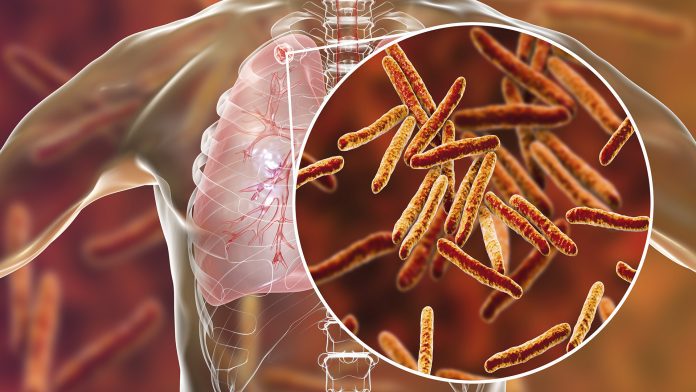
The World Health Organization (WHO) has released updated guidelines on drug-resistant TB treatment.
The guidelines feature improvements in treatment options for people with multidrug-resistant or rifampicin-resistant TB (tuberculosis). New recommendations on the use of a novel all-oral 6-month regimen composed of bedaquiline, pretomanid, linezolid and moxifloxacin (BPaLM) are included in the guidelines.
This regiment is designed to treat people suffering from multi drug-resistant TB with additional resistance to fluoroquinolones. BPaLM offers improved outcomes, significantly shortening the duration of treatment and improving patient’s quality of life.
What is TB?
TB is a bacterial infection that can be spread through inhaling droplets from the coughs or sneezes of an infected person. TB can be a serious condition; however, it can be cured with proper treatment. The disease mainly affects the lungs, but it can affect any part of the body, including the glands, bones and nervous system.
‘’Building on the newly available data, we now have a better and shorter all-oral treatment option for drug-resistant TB. This is a historic change that will be of great benefit to people suffering from drug-resistant TB, easing the burden on health systems and saving lives,” said Dr Tereza Kasaeva, Director of WHO’s Global TB Programme.
“We now call for urgent action by national TB programmes and partners in rapidly transitioning to the new drug-resistant TB treatment regimen,” he added.
The WHO Consolidated Guidelines on Tuberculosis, Module 4: Treatment – Drug-Resistant Tuberculosis Treatment, 2022 update includes all the current recommendations on drug-resistant TB treatment. The guidelines are documented alongside an operational handbook designed to assist the implementation of WHO recommendations by Member States, technical partners and others who are involved in the management drug-resistant TB treatment.
The WHO Operational Handbook on Tuberculosis, Module 4: Treatment – Drug-Resistant Tuberculosis Treatment, 2022 update provides practical advice on how to implement the recommended TB treatment options at the scale needed to achieve a national and global impact.
WHO are aiming for global changes to TB treatment
The updated guidelines and supporting handbook have been designed for use by national TB programmes, or their equivalents in Ministries of Health. The guidelines also provide support for policy makers and technical organisations working on TB and infectious diseases in public and private sectors, as well as in the community. The documents aim to facilitate uptake of WHO policy across the medical field and subsequently improve the overall quality of TB services globally.
WHO has stated that they welcome any new initiatives by the public and private sectors to reduce the pricing of pretomanid and other medicines that could help lower the cost of the new BPaLM/BPaL treatment regimen and make it more accessible to the public.
To facilitate and promote the implementation of the new regimen for drug-resistant TB, WHO will be setting up platforms for regular on like discussions that will include countries with a high TB burden. The discussion will also include technical partners and members of the donor community.










